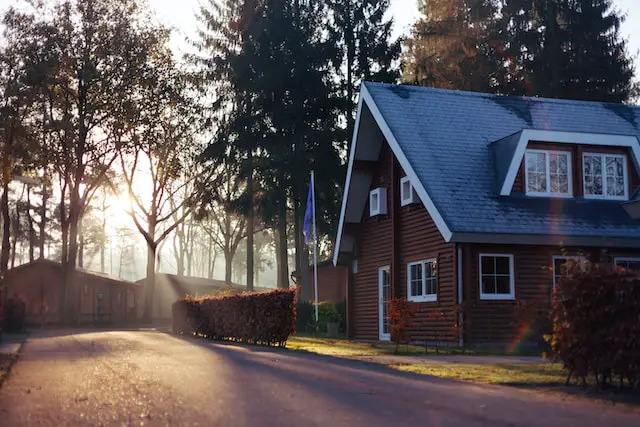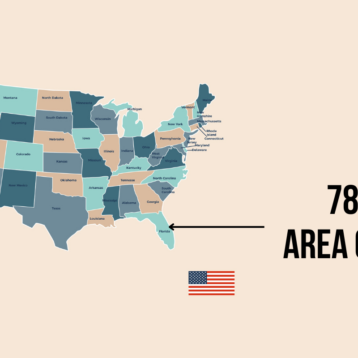Relocating to a new home can be an incredibly thrilling experience, but it is also nerve-wracking if you are a first-time homeowner. With all the preparations that need to be done and the myriad of things that must be considered, your head must now be filled with so many questions that it’s hard to know where to start.
Homeownership is indeed uncharted territory for first-time buyers like you, but familiarizing yourself with the necessary steps and tasks will help ensure that you enjoy living in your home. This includes understanding routine maintenance requirements, such as regular upkeep of the property’s exterior and interior, and awareness of warning signs that might indicate potential problems.
Of course, becoming a knowledgeable and responsible homeowner involves a learning curve, so don’t beat yourself up if you encounter hurdles or make some lapses here and there. What’s important is that you put in the work, including researching best practices, connecting with professionals and experienced homeowners for advice, and being proactive in addressing any issues. Remember, home ownership is a journey, and the more you learn, the better you’ll manage and enjoy your new home.
Top Tips For First-Time Homeowners

Moving into your first home is an exciting milestone that comes with its own set of responsibilities and challenges. Here’s a list of essential things you should know to make your transition smoother and help you settle into your new abode with confidence:
1. Understand Your Mortgage
Familiarizing yourself with your mortgage details before moving to your first home is a crucial but often overlooked detail by many first-time homeowners. As a responsible property owner, you must be clear on pertinent information such as the mortgage process, monthly payments, and any additional fees or insurance required. Doing so will allow you to be diligent with payment timelines, thus preventing penalties from being imposed and protecting your credit score.
Having such an understanding will also help you determine mortgage affordability, empowering you to make well-informed purchasing decisions and aid in realistic financial planning. Lastly, understanding your original mortgage makes the process easier in future refinancing, providing you with a clear perspective for comparison.
2. Budget For Regular Home Expenses
Before moving into your new home, you should prepare for expenses such as utilities, property taxes, maintenance, insurance, and repairs. Creating a budget to account for these costs will ensure financial stability and promote a stress-free experience because it allows you to manage your money effectively while avoiding unwanted financial surprises.
Additionally, a comprehensive budget contributes to efficient savings and debt management. For example, you can adjust your spending habits based on where your money goes each month while enabling you to address property maintenance and repair costs.
3. Implement Safety Precautions
Safety and security must never be taken for granted, so ensure your new home has the essential tools like smoke detectors, carbon monoxide detectors, and fire extinguishers, which must be tested regularly to ensure they work according to set industry standards. Aside from these, you may also consider installing a home security system for additional protection and peace of mind. These safety measures protect against potential hazards such as break-ins, fires, and other threats, alerting you quickly in case of danger and allowing a prompt response to prevent damage or loss.
Additionally, these safety precautions can result in considerable savings over time, such as calling your attention to an unnoticed small leak that may lead to significant water damage, allowing you to address the problem early before it worsens. They can also improve your property’s overall value, enhancing its attractiveness to prospective buyers if you choose to sell in the future.
4. Plan For Maintenance
Regular and proper maintenance is crucial in preserving your home’s overall structural and aesthetic integrity. To do this, it is best that you create a comprehensive checklist outlining all necessary tasks to ensure none are missed, such as the timely cleaning of your home’s gutters to avert potential water damage issues and consistent replacement of HVAC filters to ensure the efficient operation of your heating and cooling systems.
Your maintenance planning should also include securing the right home warranty to protect your home’s major systems and appliances, bridging the gap where your insurance falls short. However, not all home warranties are created equal because they can vary significantly regarding coverage, exclusions, and limits. For instance, you may wonder, “Do home warranties cover appliances?” The answer depends on the specific warranty – while some might cover appliances, others might not or only cover particular types or brands. Thus, it is best to ask such questions from your supplier to clarify your understanding and ensure you obtain the necessary coverage.
5. Get To Know The Neighborhood And Community
Being familiar with your future neighborhood and community before moving into your first home helps improve your safety, convenience, and overall integration into the new area. Thus, take the time to get to know your neighbors, as they can be valuable sources of information and support. You should also familiarize yourself with local resources such as grocery stores, parks, schools, and public transportation options.
At the same time, knowing your surroundings involves understanding the local area’s safety standards, including crime rates, which allows you to plan and implement appropriate safety measures. An in-depth knowledge of the local routes for commuting can facilitate time-saving travel to work, school, or other frequent destinations as well.










